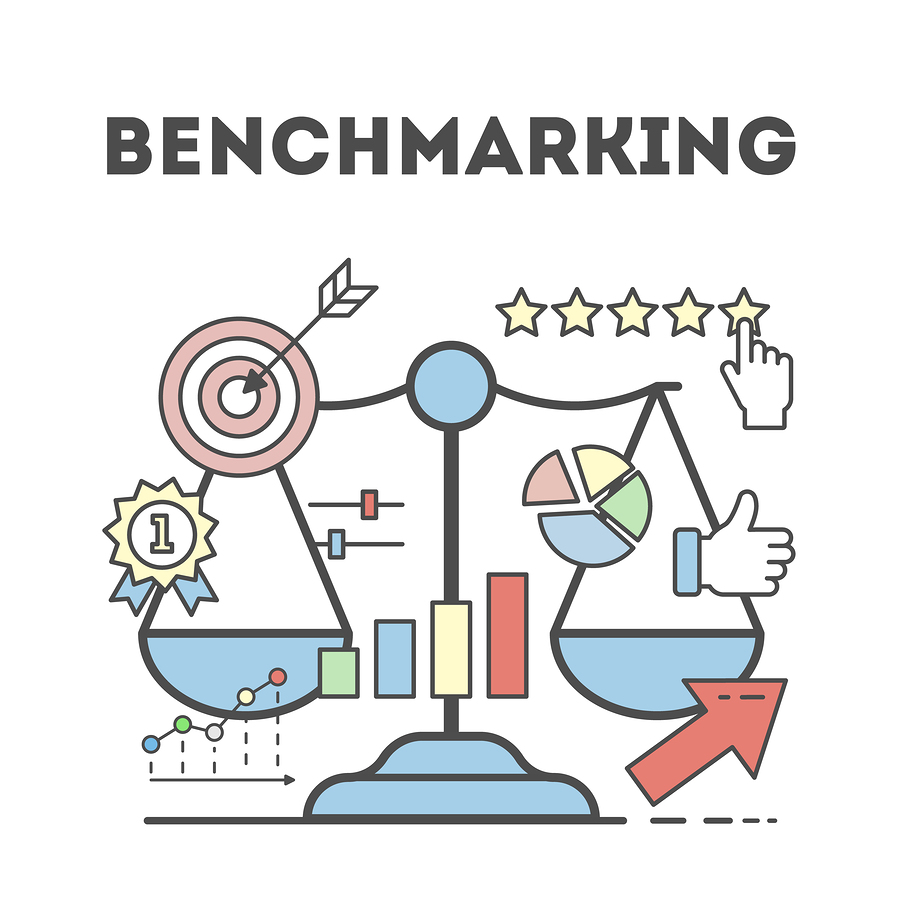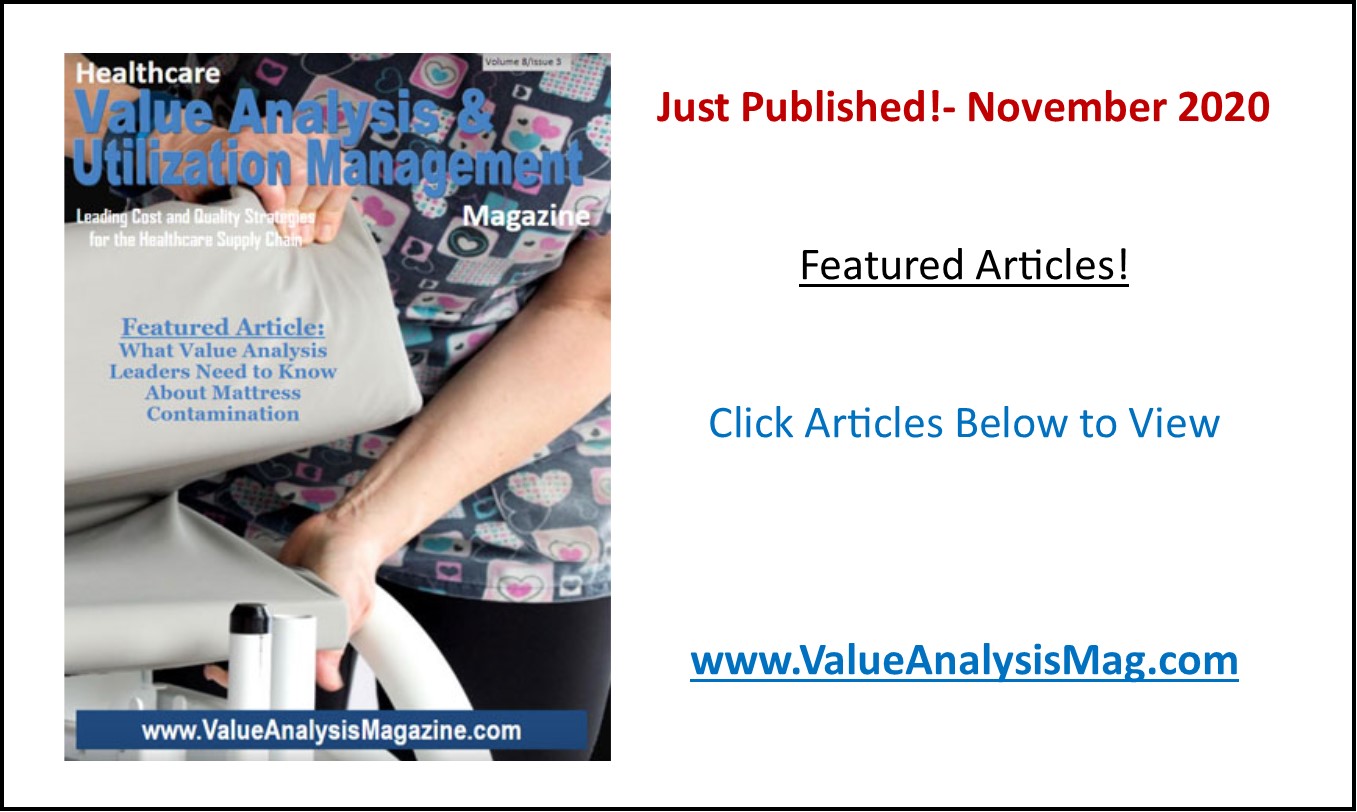“The value of professional accountability in the realm of healthcare value analysis cannot be overstated. It is a fundamental principle that guides Healthcare Value Analysis Leaders in their mission to balance cost, quality, and outcomes in a manner that supports patient care and organizational goals.”
To comprehensively explore the significance of professional accountability in the specialized role of a Healthcare Value Analysis Leader, it’s essential to delve deeper into the facets of this responsibility, especially considering the Association of Healthcare Value Analysis Professionals (AHVAP)’s new position statement. This comprehensive stance underscores the profound impact that professional accountability in the value analysis specialty has on healthcare outcomes, cost management, and the ethical landscape of healthcare provision.
The Imperative of Professional Accountability
Professional accountability in healthcare transcends mere adherence to job descriptions or organizational policies. It embodies a personal and collective commitment to upholding the highest standards of integrity and excellence in every action and decision. For Healthcare Value Analysis Leaders, this commitment is manifested in several core areas:
- Ethical Decision-Making: Navigating the complex interplay of cost, quality, and patient outcomes requires a steadfast ethical compass rooted in knowledge of both evidence-based practices and professional standards of care. Leaders must evaluate products and services not only for their financial impact but also for their potential to enhance or compromise patient care. This ethical scrutiny ensures that the welfare of patients remains at the forefront of value analysis efforts.
- Evidence-Based Practices: The foundation of value analysis lies in evidence-based decision-making. This involves a rigorous assessment of clinical data, product safety, efficacy, and overall impact on patient care and organizational efficiency. By grounding decisions in evidence, Healthcare Value Analysis Leaders can advocate for solutions that genuinely improve care quality and patient outcomes while ensuring fiscal responsibility.
- Stakeholder Engagement: Professional accountability also extends to the manner in which Healthcare VA Leaders engage with stakeholders across the healthcare spectrum. This includes fostering transparent, collaborative relationships with clinicians, administrators, patients, and suppliers. By involving these stakeholders in the value analysis process, leaders can ensure that decisions are informed, balanced, and reflective of diverse perspectives and needs.
AHVAP’s New Position Statement
The AHVAP’s position statement on the specialty of healthcare value analysis marks a significant milestone in defining the professional standards and expectations for practitioners in this field and establishes value analysis as a specialty within healthcare. It serves not only as a guide for current professionals but also as a benchmark for the development and recognition of healthcare VA as a specialized discipline.
Core Components of the new AHVAP Position Statement include:
- Professional Competence and Development: It emphasizes the importance of continuous professional development to keep abreast of the latest clinical, technological, and policy advancements. This commitment to lifelong learning is vital for maintaining the competence necessary to make informed value analysis decisions. Healthcare Value Analysis Leaders must own their own professional development and not be solely reliant upon employer sponsorship or direction.
- Ethical Standards and Integrity: The position statement places a strong emphasis on ethics and integrity, which must be applied across the entire value analysis process. Healthcare VA Leaders are called upon to navigate the complexities of healthcare delivery with a clear ethical framework, ensuring that every decision is made with consideration for its impact on patient care and organizational integrity.
- Collaboration and Communication: Recognizing the interdisciplinary nature of healthcare, the position statement underscores the importance of effective collaboration and communication. Value Analysis Leaders must work closely with clinical teams, supply chain professionals, and organizational leadership to ensure that value analysis initiatives are aligned with broader healthcare goals and strategies.
- Innovation and Strategic Thinking: The rapidly evolving healthcare landscape demands that Healthcare Value Analysis Leaders not only respond to immediate challenges but also anticipate future trends and innovations. The position statement encourages leaders to adopt a forward-thinking approach, exploring new technologies, methodologies, and models of care that can drive improvements in healthcare delivery.
The Broader Impact of Professional Accountability
The principles outlined in AHVAP’s position statement extend beyond the immediate scope of value analysis. They reflect a broader commitment to excellence, ethics, and patient-centered care that is critical to the success and sustainability of healthcare organizations. By embodying these principles, Healthcare VA Leaders can contribute to a culture of accountability that permeates every level of the healthcare system.
Professional accountability ensures that decisions are not just economically sound but also ethically defensible and clinically beneficial to our patients that we are charged with serving. It fosters an environment where transparency, collaboration, and innovation are not just encouraged but expected across all stakeholders. In this context, the Healthcare VA Leader becomes a pivotal figure in driving organizational change, improving patient outcomes, and ensuring the ethical stewardship of healthcare resources across the entire healthcare continuum of care.
The value of professional accountability in the realm of healthcare value analysis cannot be overstated. It is a fundamental principle that guides Healthcare Value Analysis Leaders in their mission to balance cost, quality, and outcomes in a manner that supports patient care and organizational goals. AHVAP’s new position statement on healthcare value analysis further solidifies the importance of this role and sets a high standard for professional practice. Healthcare leaders at the health system level should invest in building competencies in Healthcare VA Leaders, utilizing the AHVAP-defined professional competencies as a guide for training, development, and mentorship.
As healthcare continues to face unprecedented challenges and opportunities, the principles of professional accountability will remain a beacon, guiding Healthcare Value Analysis Leaders in their quest to deliver value-based care. Through ethical conduct, evidence-based decision-making, continuous quality improvement, and stakeholder engagement, these leaders play a crucial role in shaping the future of healthcare—a future where value, quality, and patient care are inextricably linked. Professional Associations such as AHVAP are leading the charge in building a tapestry of professional tools, resources, and professional development opportunities for Healthcare Value Analysis Leaders and professionals.
Article By:
Hudson Garrett Jr., Ph.D., MSN, MPH, MBA, FNP-BC, IP-BC, PLNC, VA-BC, BC-MSLcert™, MSL-BC, CPHRM, LTC-CIP, CPPS, CPHQ, CVAHPTM, CMRP, CPXP, CDIPC, FACDONA, FAAPM, FNAP, FACHE, FSHEA, FIDSA
Dr. Garrett is the Executive Director and Executive Vice President for the Association of Healthcare Value Analysis Professionals (AHVAP) and an Adjunct Assistant Professor of Medicine in the Division of Infectious Diseases at the University of Louisville School of Medicine.
Karen Niven, MS, BSN, RN, CVAHPTM
Karen Niven is the Senior Director of Clinical Value Analysis at Premier, Inc. and serves as the President-Elect for the Association of Healthcare Value Analysis Professionals (AHVAP).
The Imperative of Being a Partner, Not Just a Vendor, in Healthcare





